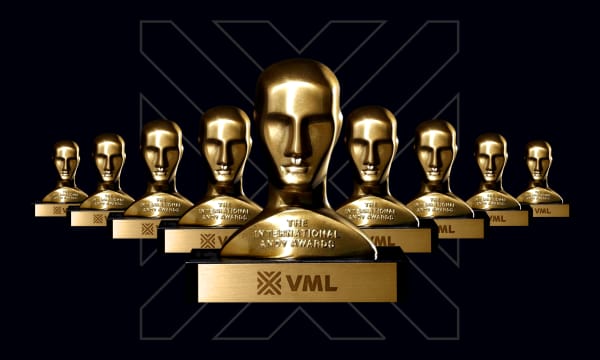In January, J. Walter Thompson Intelligence visited Cuba with a team of researchers to learn about emerging opportunities in the country, in particular for North American brands. The team will present their experience in a panel at South by Southwest Interactive 2016.
Michael Nelson visited Cuba as part of our research team, representing the global digital agency Mirum, part of the J. Walter Thompson Company. Nelson focused his research on Cuban technology and innovation, in particular among young people. We spoke to him about his impressions of the country and the takeaways for digital marketing and advertising.
Visiting Cuba for the first time, what were your initial impressions of technology in the country?
Even though I knew they didn’t have much internet access, I guess it was still quite shocking to be there and to experience that first hand. I myself got online for about five minutes during the two weeks that I was there, so that was quite a shock, I suppose. Talking to people, I was really impressed by the way they use technology in building websites and apps to solve problems that are specific to Cuba: we saw a lot of apps that were built to work entirely offline, such as versions of Wikipedia, Yelp, mapping, and so forth.
For many people, Cuba seems “stuck in the past,” which by definition suggests a lack of innovation. But did you see innovation in Cuba?
It really felt like innovation has been a part of Cuban history and culture for the last 60 years. It’s not a new thing—obviously innovation in software is a fairly new thing, but they’ve had to innovate in other ways for as long as the embargo has been in existence. Look at things like maintaining all the old American cars and Harley-Davidsons with whatever parts they can find, and making wifi boosters out of Pringles cans: there’s a real history of innovation, and now we’re seeing the younger generation apply that same kind of innovative thinking to software, websites and apps.
Would you compare this kind of activity with hacker or maker culture in other countries?
It’s not the same as what we have when we use the words “hacker” and “maker.” With those terms, we immediately think of people programming on devices like Arduino and Raspberry Pi—very accessible, fairly cheap bits of kit that can be combined with sensors and motors to make something cool. They don’t have any of that, really. The things they’re hacking and making are out of necessity—like transport, phones and wifi boosters. I’d be very keen to see what would happen if and when they do get access to all that stuff that we take for granted, because hacking in a broader sense definitely seems to be a feature of the culture and the mindset there.
How would you characterize the attitude of Cuban youth toward technology and toward entrepreneurship?
For young people who can actually afford tech, it isn’t all that different from the young people in the UK and United States—they seem to have very high expectations in terms of performance and ubiquity of technology, and they all want the latest devices. They don’t really think that their connectivity problems should inhibit them from accessing technology. The people who are making the websites and apps recognize that; that’s what’s driving them to come up with all these unique offline solutions.
In terms of entrepreneurship, we spoke to several people in their mid-twenties who were entrepreneurs. They came up these great ideas and had enough capital to put a small business together, hire a few people, and all of a sudden they’re not just computer science graduates any more, they’re entrepreneurs starting their own businesses. We spoke to a lot of people who are doing that kind of thing, so there definitely seems to be a strong entrepreneurial mindset among young people in Cuba.
How could you see a digital agency like Mirum benefiting from Cuban innovation in the future?
If and when Cubans are able to access the technology that the developed world takes for granted, then I think it’s quite feasible that Cuba could become the next hotspot for driving advances in technology, because of their in-built culture of innovation and their free access to high-level education. There are lots of engineers in the country, and companies like Mirum should pay close attention to this, because we want to be involved in those new advances and innovations. So if and when the embargo gets lifted, it’s going to be really interesting to apply their skills and knowledge to the things we’re trying to build, and to give them the tools that we’re using and see what they can come up with. I’m sure we’d see some pretty special things.


